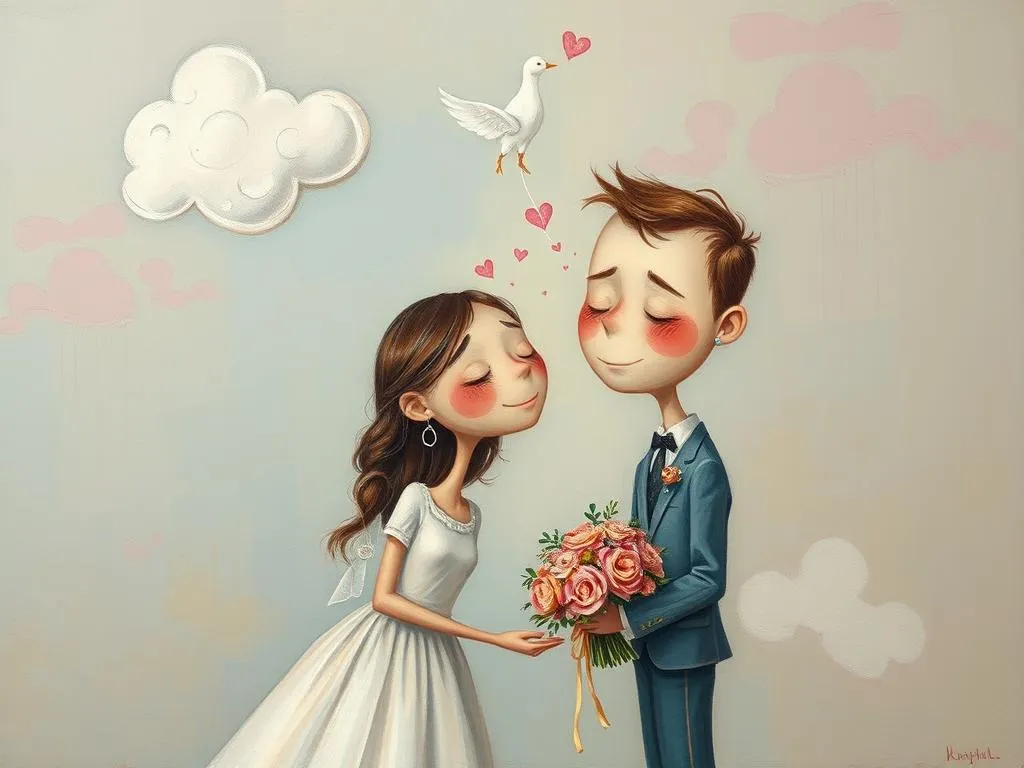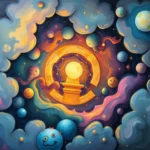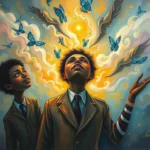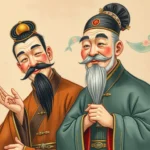
Dreams have long fascinated humanity, acting as windows into our subconscious minds and revealing hidden fears, desires, and emotions. Among the myriad of dreams people experience, the forced marriage dream stands out due to its intense emotional weight and complex symbolism. This dream often evokes feelings of anxiety, helplessness, and resistance, sparking intrigue and concern among those who experience it. Understanding the nuances of this dream can provide profound insights into our waking lives, relationships, and personal autonomy.
Symbolism and Meaning
In a forced marriage dream, various symbols emerge that can help unravel its deeper meanings. At the core, marriage typically embodies commitment, union, and partnership. However, when framed as “forced,” it starkly contrasts with the freedom of choice and personal agency. This juxtaposition can signify an internal struggle where the dreamer feels trapped or obligated in aspects of their life, whether in relationships, career choices, or societal expectations.
Control is another critical symbol linked to forced marriage dreams. The feeling of being forced into a union can indicate that the dreamer may feel controlled or manipulated by external circumstances or individuals. This may reflect real-life situations where the dreamer perceives a lack of agency, whether due to familial pressures, societal norms, or workplace dynamics. Dreams of this nature can also symbolize feelings of entrapment in an ongoing situation, highlighting a desire to break free from constraints.
Additionally, emotional turmoil is often present in these dreams. The act of being forced into marriage can evoke feelings of fear, confusion, and sadness, pointing to underlying issues of anxiety or dissatisfaction in waking life. This emotional backdrop suggests that the dreamer may be grappling with conflicts, obligations, or expectations that feel overwhelming and stifling.
From another perspective, forced marriage dreams can also indicate a desire for commitment or connection. If the dreamer has been wrestling with feelings of loneliness or isolation, the dream may reflect a longing for partnership, albeit in a way that feels paradoxical. This complexity highlights the dual nature of human emotions—the yearning for closeness while simultaneously fearing the loss of autonomy.
Key Scenarios and Variations
The context within which a forced marriage occurs can significantly alter its interpretation. For instance, if the dreamer finds themselves in a ceremony where they feel powerless, it may symbolize feelings of being overwhelmed by societal or familial expectations in their waking life. The dream could be a manifestation of anxiety surrounding a significant life decision, such as career choices or relationships.
Conversely, if the dreamer actively resists the marriage—perhaps running away or shouting for help—it may indicate a strong desire for independence and a refusal to succumb to external pressures. This scenario reflects the dreamer’s inner strength and determination, suggesting that they are grappling with a situation in their waking life that they need to confront and resist.
In some instances, the dream may take a more surreal turn, featuring unfamiliar or hostile figures who push the dreamer into the marriage. This could symbolize feelings of betrayal or distrust towards those close to them, suggesting that the dreamer may feel threatened by certain relationships or dynamics in their life. The presence of these figures could highlight the dreamer’s feelings of vulnerability and the perceived need to guard against manipulation or control.
Another variation might involve the dreamer accepting the forced marriage, leading to feelings of sadness or resignation. This scenario can indicate a sense of defeat or hopelessness in the face of societal or familial obligations. It may reveal underlying issues of self-worth, where the dreamer feels unworthy of making their own choices or fears the repercussions of asserting their desires.
The emotional response during the dream, such as anger, sadness, or relief, also plays a crucial role in shaping its interpretation. Understanding these feelings can help the dreamer reflect on their current life situation and emotional state, illuminating the complexities of their relationships and choices.
Real-Life Connections and Takeaways
Connecting forced marriage dreams to real-life situations can be enlightening. These dreams often serve as a mirror, reflecting anxiety or conflict in the dreamer’s life. For instance, if a dreamer feels pressured to conform to societal expectations—be it in relationships, career paths, or personal choices—this dream may be a call to action, urging them to reclaim their agency and assert their desires.
To gain deeper insights, dreamers can engage in self-reflection. Journaling about their feelings surrounding the dream can reveal patterns or unresolved issues. Questions to consider might include: Are there areas in my life where I feel pressured or obligated? Am I compromising my values or desires for the sake of others? Exploring these questions can help illuminate the underlying motivations and emotions associated with the dream.
Moreover, it’s essential to recognize that forced marriage dreams can also symbolize a need for boundaries. If the dreamer feels overwhelmed by others’ expectations, this may signal a need to establish clearer boundaries in their relationships. Understanding the importance of saying “no” and prioritizing one’s own needs is crucial in fostering personal growth and emotional well-being.
In relationships, forced marriage dreams can reflect underlying tensions or fears. Communication with partners about feelings of suffocation or obligation can pave the way for a healthier dynamic. It’s essential to foster an environment where both partners can express their needs and desires openly, allowing for a balanced and fulfilling relationship.
Lastly, the dream may serve as a reminder that it is perfectly acceptable to seek help. If feelings of anxiety or helplessness persist, reaching out to a therapist or counselor can provide the support needed to navigate these emotions. Professional guidance can help explore the root causes of these feelings and empower the dreamer to make choices aligned with their values and desires.
In conclusion, forced marriage dreams are multi-faceted and rich in symbolism. They often reveal deep-seated emotions about control, autonomy, and societal pressures. By reflecting on the dream’s context, emotional responses, and real-life connections, individuals can uncover valuable insights that promote personal growth and empower them to reclaim their agency in waking life. Ultimately, these dreams invite us to consider how we can live authentically and embrace our true desires while navigating the complexities of our relationships and responsibilities.







